Camping trips are a great way to spend time in nature. From hiking to campfires, there’s plenty of fun. Unfortunately, many bugs enjoy crashing your campsite. Some of these pests are just a nuisance while others can sting and bite. Check out which pests are most likely to invade your campsite.
Mosquitoes
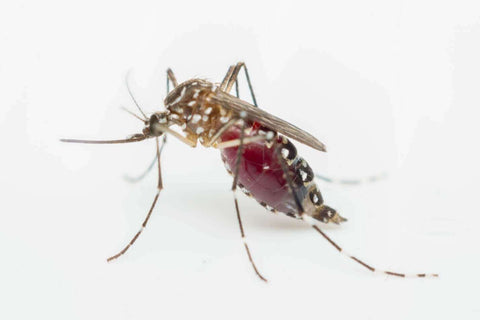
The mosquito is one of the most annoying pests on this list. Female mosquitoes have a habit of biting people and leaving behind itchy, red bumps. These pests vary in appearance depending on their species. You’re most likely to find them near sources of standing water. They are most active on warm, sunny days.
Tip to Avoid Mosquitoes: Don’t camp near standing water. Choosing a location that is high and dry is best.
Ticks
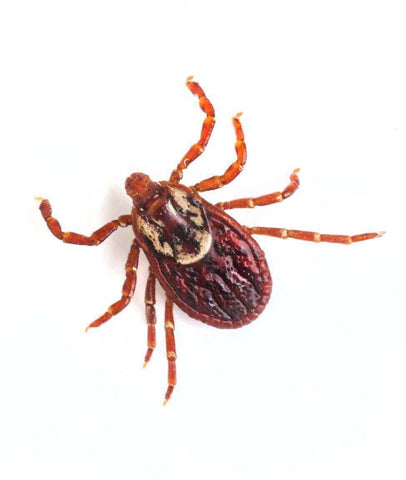
Ticks are another biting pest. There are several species and each has their preferred host. Ticks like to hide in tall grass and latch on to you or your furry family members as you walk by them. It’s important to regularly check for these pests on you and your pets. Take a pair of tweezers with you so you can remove them.
Tip to Avoid Ticks: Stick to the path. Avoid walking in areas with tall grass and dense vegetation. This will make it harder for these pests to find you.
Ants
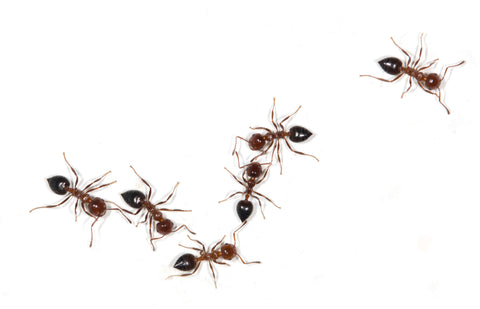
Ants have no problem marching through your campsite. These pests are attracted to food. Ants release pheromones that alert other ants to a food source. This can cause your campsite to be overrun with ants. While most ants are just a nuisance, others, like fire ants, can sting.
Tip to Avoid Ants: Make sure to clean up any crumbs and spills after a meal. Store food in containers to avoid attracting these bugs.
Flies
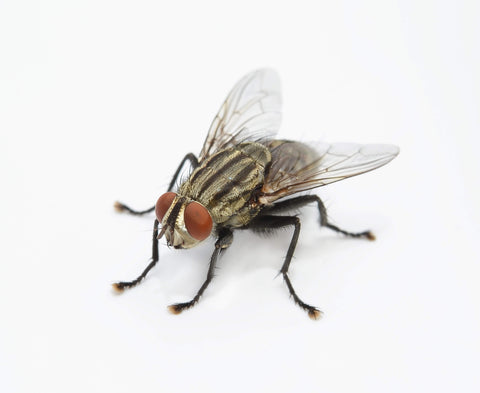
Having flies buzzing around your campsite can be annoying. These pests are attracted to food, trash, and moisture. Since flies spend time on decaying matter, they can easily contaminate your food. Flies are most active on warm summer days.
Tip to Avoid Flies: After eating, wash plates and utensils. This will remove food residues that are likely to attract flies.
Stinging Insects
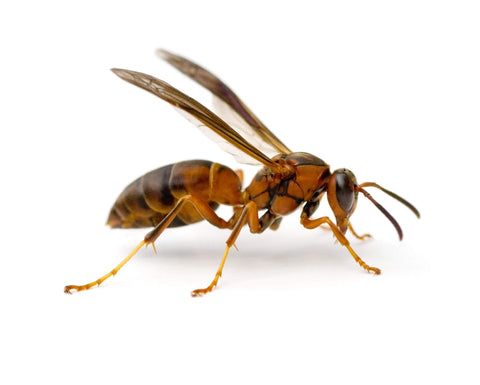
Wasps, yellow jackets, and hornets are common stinging insects. Stinging insects are attracted to sugary drinks and floral or sweet scents. These pests build nests in trees, shrubs, and at the base of trees. When setting up your campsite, be sure you don’t see any nests.
Tip to Avoid Stinging Insects: Keep your drinks covered, and avoid wearing strong scented perfumes, colognes, or lotions when hanging out outside.
Spiders
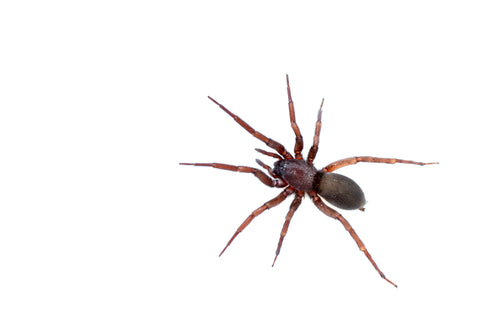
These creepy crawlies may want to visit your campsite. While some spiders can be beneficial because they eat other pests, most people don’t want to share a tent with them. Keeping other pests away from your campsite can help to prevent spiders. These arachnids are more likely to show up if they can find bugs to eat.
Tip to Avoid Spiders: Before you go camping, check your tent for holes or tears. While camping, keep your tent zipped shut to keep spiders from sneaking inside.
When you head outside, you’re entering a bug’s territory. That doesn’t mean you have to invite them to sit around your campfire. Knowing which pests are likely to bug you can help you plan ahead. If you’re dealing with a bug problem, we have your back! Check out our Maggie’s Farm Simply Effective™ Pest Control products for a more environmentally and family-friendly solution.








